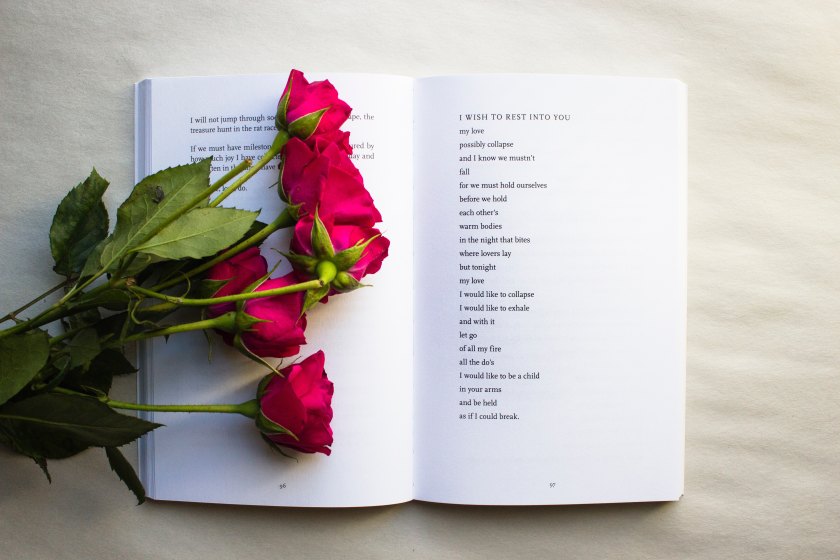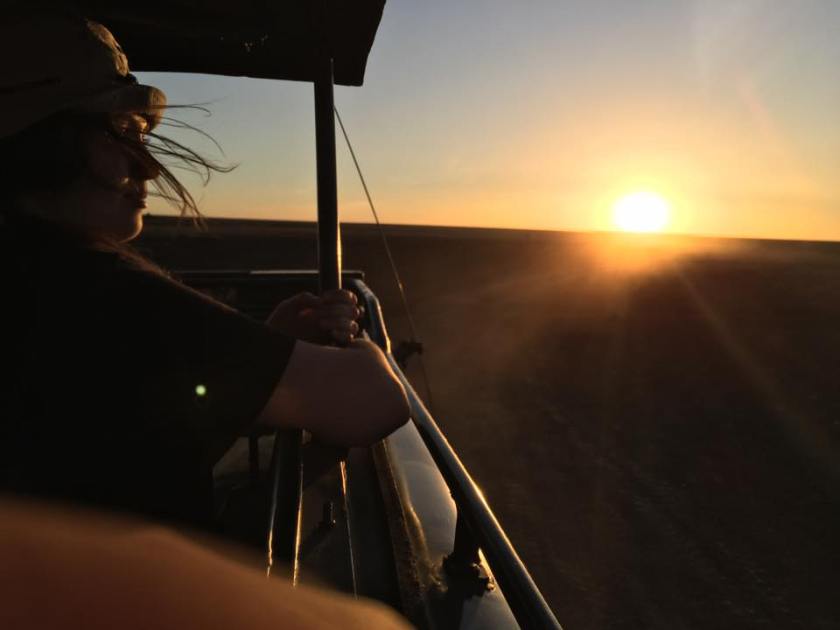
I’m Becca K.
If you didn’t read the tabloid magazines from February to March when you checked out at the grocery store, let me give you a crash course in this past winter’s trash TV. Arie, the infamous Bachelor on ABC’s top reality show, proposed to Becca K. while still in love with another contestant. Red flags? Most definitely.
After a few months into the engagement, he broke up with Becca ON TV and proposed to the other contestant. Was this staged? Probably. But for the sake of this particular story, let’s go with this-is-one-hundred-percent-true.
Becca K. was promised a future that was then taken away from her. If you didn’t tune in this winter to the drama, let me just tell you my story. It’ll do the show a little justice…I think.
There I was at the final rose ceremony. I had on my best dress or really suit, and I had my speech prepared. My insides were a cocktail of confidence and uncertainty. Sure, I had gotten this far, but that didn’t mean I was promised anything. I received rose after rose. I made it through group (class), two-on-one (collaborating teaching) and one-on-one dates (YCE). I made a good impression, one that I hoped would help me out that day.
He called me in and spoke to me for what seemed like an eternity. By the end of our conversation, I had a job. I got the rose. I knew that I was qualified for the job, but there was still a part of me that was in shock. This was getting all too real.
I left the meeting with the promise that human resources would call me to make everything even more official.
So, I anxiously waited.
Teachers contacted me. The school contacted me. I visited with the staff and students. I was preparing for what I believed would be my future.
Yet, I was still waiting on HR.
Days went by.
I still waited.
I got a call on a Wednesday during my 4th block class. My collaborating teacher told me to take it out in the hall. She was anxiously waiting with me. Human Resources was finally calling me. My heart was racing as I unlocked my phone.
Instead of getting a “congratulations call,” I got a “you need to come up with a plan B, you don’t have this job anymore” call. Due to some unforeseen changes, the future that I had been promised was no longer mine.
I slipped my phone into my pocket and sunk to the dirty floor of the freshman building. I didn’t understand it—I had just talked to the principal the day before. None of what I heard felt real. My mind started to fill with words punching my insides.
You weren’t good enough in the first place. Why did you get your hopes up? This was bound to happen. Nothing comes that easily to you. Idiot. You’re screwed. Good luck trying to find a job. You should have made a better impression.
Hearing a student coming to the door that I was sitting outside of, I picked myself up, put a smile on, and entered the class to help my students. My insides were going crazy. Regardless of how I felt, the “show” so-to-speak, still had to go on.
I taught through my frustration. I taught through my anger. I taught through my confusion. I fought back all the tears. For someone who is emotional, it takes all the strength to fight the intense waves that were slapping me in the face during that moment.
And then the kids left, and a bit of my frustration, anger, and confusion did too. I no longer knew where I would be next year. I no longer had a job (thought I had a job). I no longer had a plan.
Like Becca K, I was promised something.
Like Becca K, I had my plans changed.
Like Becca K, I was given a second chance.
While I don’t believe that a reality TV show exemplifies true love or anything worth spending time on, Becca was given the second chance at something whether that be fame or this false Idea of true love as the new bachelorette.
I believe I was given a second chance that Wednesday.
Getting rejected at this school was my second chance at finding the right school to land in for this next year. Rejection S T I N K S. Having plans change on you outside of your control is H A R D. Feeling forgotten H U R T S.
Moving through rejection, changes in plans, and painful feelings make people stronger though. While this illustration most definitely is cheesy and maybe even a bit forced, I’m thankful for this second chance. I’m thankful to continue the job search in hopes that I find the right place to teach.
About everything that I have encountered this year has been packed full of life lessons and wisdom ready for me to take hold of. I feel like I have the wisdom of a 60 year-old after YCE. This second chance at a job has only continued this lesson learning process.
I’m learning that just like we say “We teach students about English…not English to students” I need to also say “I teach students at a school. Not (insert school name) students.” Teaching isn’t about a particular school or subject matter. Teaching isn’t about seeming cool. Teaching isn’t easy like people make it out to be. Teaching isn’t arts and crafts and nap time. Teaching isn’t reading books for fun. Teaching isn’t simple. No, not at all.
Teaching is about people. Teaching is relationship-building. Teaching is helping Lauren in 4th block process her father dying. Teaching is getting the respect from thirty teenagers in one room. Teaching is keeping students safe. Teaching is intervening and reporting when students are in danger. Teaching is vision-casting. Teaching is trouble-shooting. Teaching is being a student’s mentor, friend, advocate, and safe-person. Teaching is hard. Teaching is worth it. Teaching is exhausting. Teaching is about believing in the future so much so that you want to spend times developing the minds of the future.
I’m ready for the job search and more than ready to continue teaching…I’m scared but ready.
In the words of Becca K, “let’s do this damn thing.”





